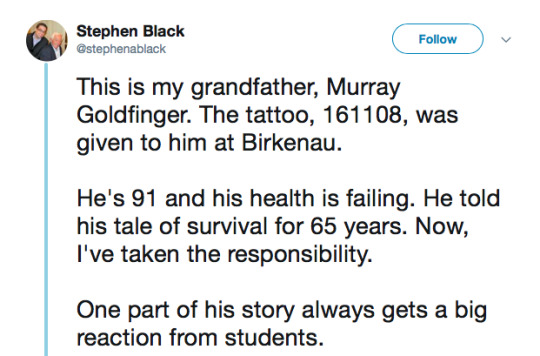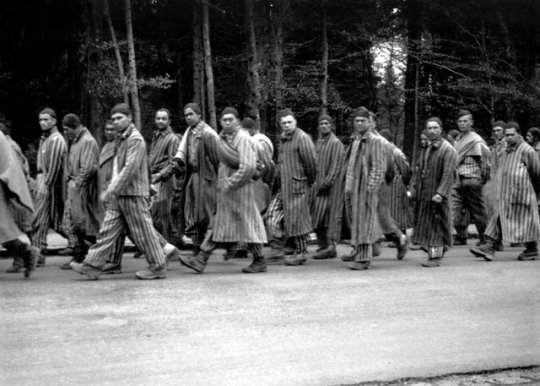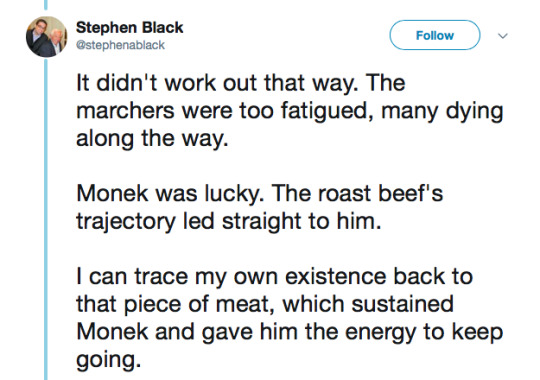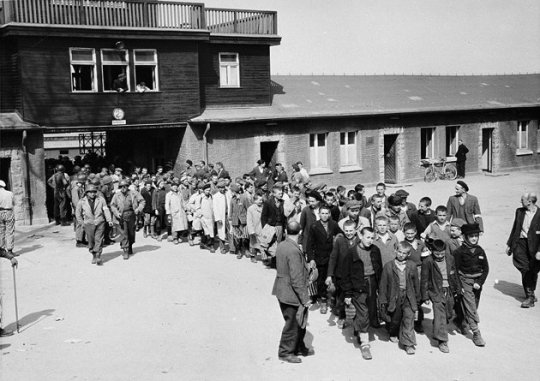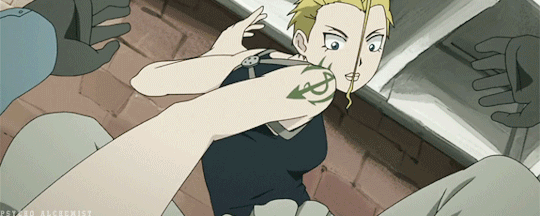Don't wanna be here? Send us removal request.
Text

anatomy what's that have a horrible wrinkled gremlin. It's my newest character.
14 notes
·
View notes
Text
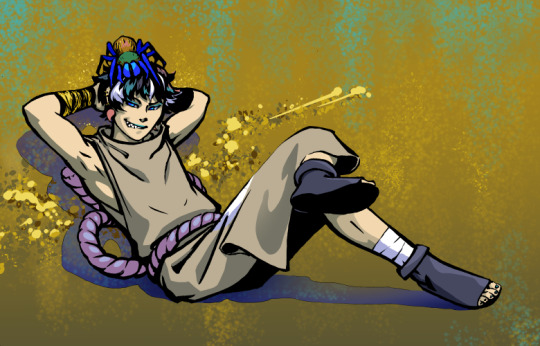
Hachi, for Jesse's Jumper Project
3 notes
·
View notes
Photo

There are no roads to Lake Clark National Park and Preserve in Alaska. Visitors arrive by plane or boat to discover a stunning wilderness of snow capped mountain ranges, rich forests, turquoise lakes and incredible wildlife. The size and beauty of Lake Clark is overwhelming, promising the intrepid an experience of a lifetime. Photo by K. Miller, National Park Service.
2K notes
·
View notes
Photo





Villeroy & Boch, Tea service, 1911-12. Stoneware. Mettlach Germany. Via Rijksmuseum
2K notes
·
View notes
Link
T. neptunis belongs to a group known as myco-heterotrophic plants, which use fungi as a food source instead of the good old-fashioned Sun.
8K notes
·
View notes
Photo

“Stunning diamond-winged tiara (Valkirie tiara) by Cartier commissioned by the late Mary Crewe-Milnes, Duchess of Roxburghe, in 1935. (The tiara will go on display for the first time at V&A Dundee via DuVallon’s cabinet).”
24K notes
·
View notes
Text
Hey, big fucking news!!! The two Koreas are no longer at war with each other, they signed a treaty today!!!!!!
93K notes
·
View notes
Text
you know, when you think about it, the way we grow up is super unnatural. raised by two parents alone, sleeping apart from them, and then sent away to school – it’s no wonder we’re all neurotic. that’s not how humans evolved to do things.
as long as there have been smart primates, long before we were all the way human, we lived in groups and raised children all together, and families all kind of puppy-piled to sleep, and there was social grooming and sharing food and so forth. i mean, i’m not saying “let’s all go back to being hunter-gatherers,” obviously i like modern life for a lot of things. but maybe it’s not a great idea to make children sleep alone, or make it mandatory for them to leave home and spend all day among strangers their parents have no power to defend them from. our instincts react to this by telling us we’ve been cast out, we’re being rejected. so deep down we believe we’re not ok and don’t deserve to be a part of our community.
because our inner monkey got raised by the wire mother half the time.
229 notes
·
View notes
Link
“Tanecic!” “Tiotaqui!” “Tayohuah!” At the Episcopal Church of the Messiah in Santa Ana, Davíd Vásquez’s small group of students repeat the Nahuatl words for good morning, good afternoon, and good evening. For more than 20 years, 61-year-old Vásquez has taught the Aztec language. Leading classes across Southern California, this path has led him to touching the lives of thousands. Since 1996, he has taught a monthly class at the church, where he also works as a janitor. During these two-hour sessions, he equips his students with everything they need to know about the language and the culture. “The word elotl is basically the same,” he said, according to OC Weekly. “Corn cobs were the first harvest at that time, and the Mexicans would make an offering from it to Coatlicue, the goddess of mother earth.”
youtube
Growing up in the remote town of Tlalmotolo in Puebla, Mexico, Vásquez – who didn’t learn Spanish until he turned 13 – and his neighbors spoke Nahuatl. All the knowledge he now imparts to his students comes from the elders in his hometown. When he moved to Mexico City as a teenager, he tried to find ways to stay connected to his language. And ever since he arrived in the United States in 1989, Vásquez has found a way to use Nahuatl.
He began attending open mic nights and reciting poetry in Nahuatl. One serendipitous day in 1992, college students heard him and asked him to join the Chicano Poet Society. And he did, until the group went its separate ways. A year later, he met Lupe Lopez, a student at Golden West College, during a UCLA hunger strike. The activists – who used Viva La Raza as a rallying cry – wanted a new slogan, perhaps in another language. Vásquez suggested Mexica Tiahui – Mexica Forward. “That became a symbol of the next generation of indigenismo, of Chicanismo,” Lopez told OC Weekly. “Many people don’t know where that came from, but it came from Davíd.”
That same year, he self-published La Voz de Tenochtitlán: La Lengua Azteca, a Spanish-Nahuatl book with hundreds of words. As the Mexican peso crisis of 1994 brought thousands of indigenous Mexicans to the US, his skills became more invaluable to his new country. Courts needed Nahuatl interpreters – a similar phenomenon currently taking root in the US’ immigration courts, except with Quiché and Mam speakers. Lopez introduced Vásquez to court officials, and it led to him becoming an interpreter. “There would be two interpreters: one hired by the court to translate from English to Spanish, and then I would translate from Spanish to Nahuatl for the defendants charged with any criminal offenses,” he said.
During this busy time in his life, he also developed a new Nahuatl alphabet. In the mid-1500s, Nahuatl faced extinction when Hernán Cortés conquered the Aztec Empire. Spaniards intended for their language to supplant Nahuatl, even issuing royal decrees to keep indigenous peoples from speaking in their native tongues. However, missionaries used the language to convert native Mexicans to Catholicism. But Nahuatl did take a hit – the writing system was lost and the language has been passed down orally.
Therefore, Vásquez’s alphabet may not be tied to traditional codices, but it does use Mexica philosophy as a reference point. “Every symbol has its own profound root, sound, and place,” he added. “The ‘zero letter’ is like the mother of the alphabet. The new alphabet is absolutely necessary because the Latin letters do not complement the sounds that we need. I’ve spent more than 40 years of studying the vocabulary to be able to put it in order, for me to put it into writing the way we have it now.” Currently, he’s writing a book about his system.
Vásquez can retire in a few years, but he has much more he wants to accomplish. He takes great pride in the language of his ancestors, and it shows in the way he treats his students. After one of his classes, he presented his students with certificates that read, “For having the courage to learn and rescue our Nahuatl language in Santa Ana.”
682 notes
·
View notes




